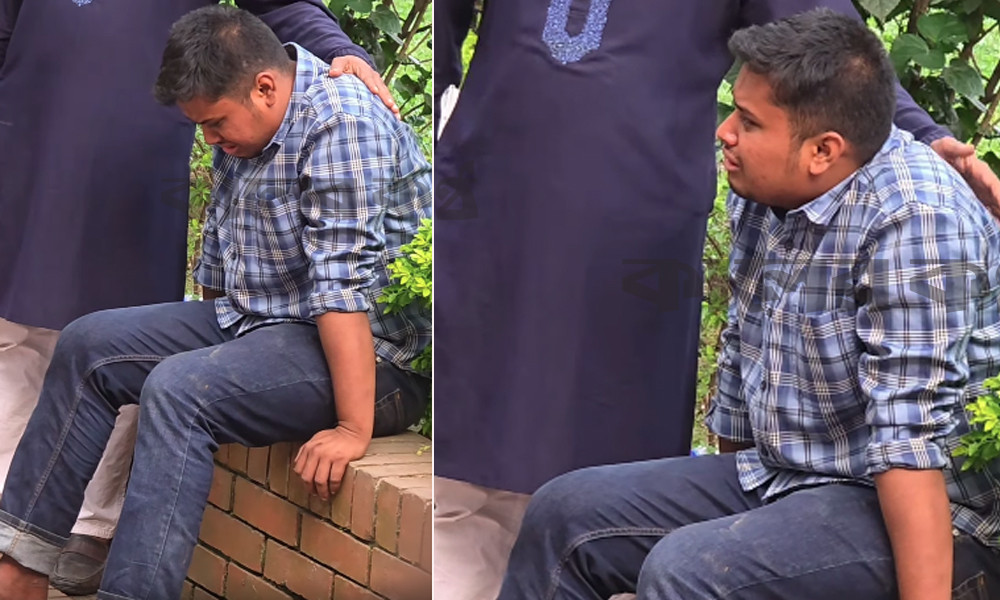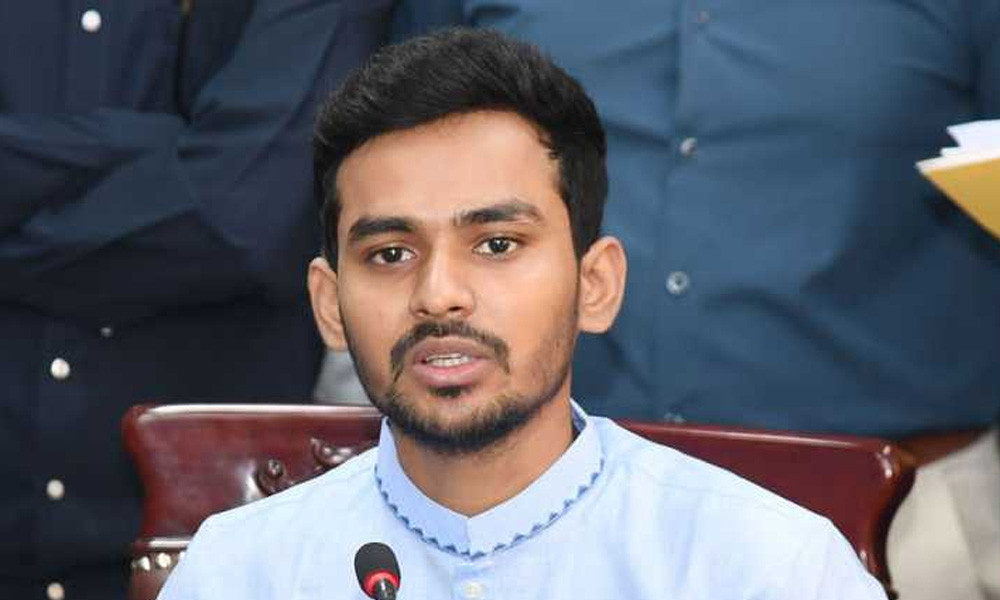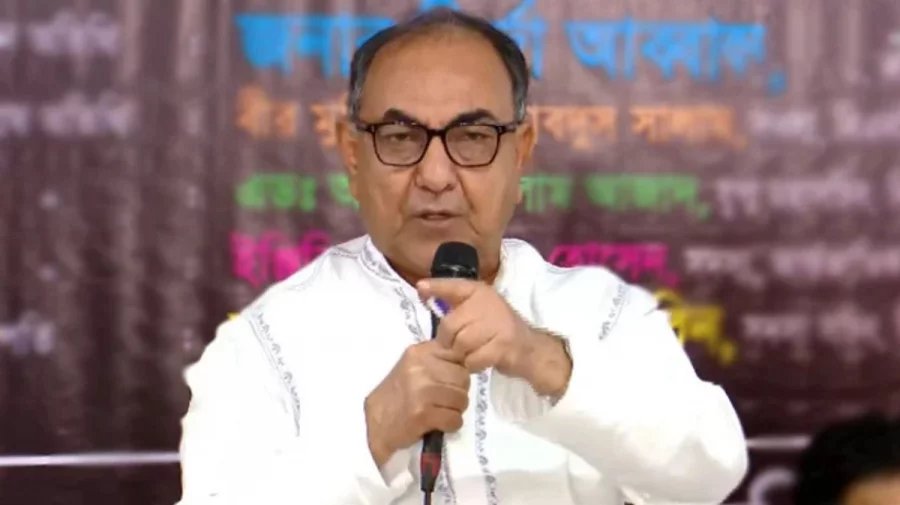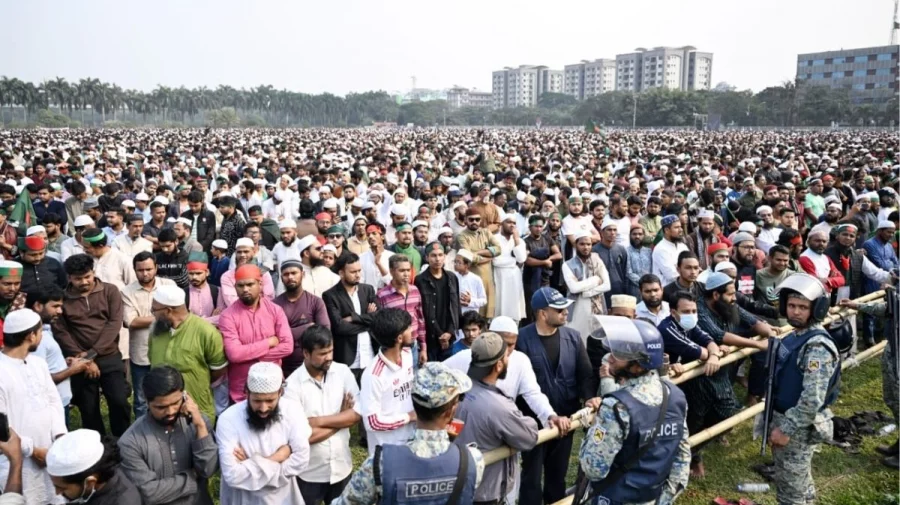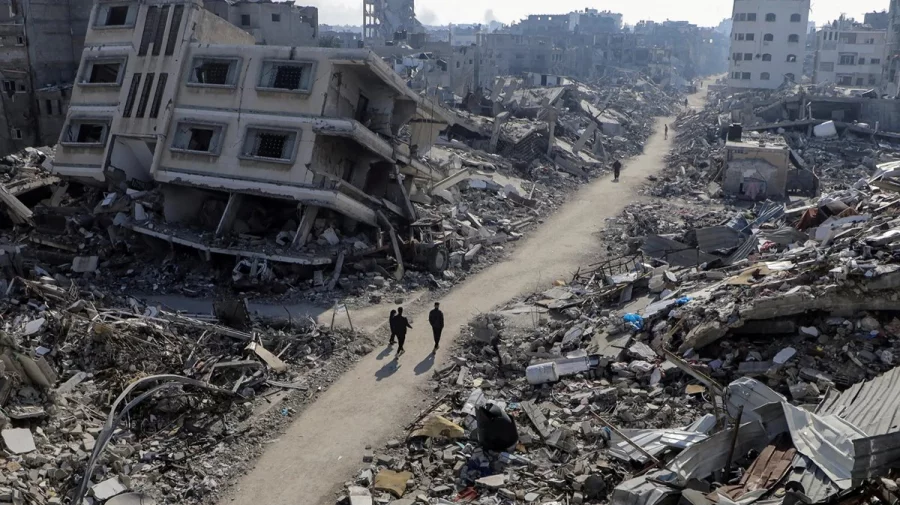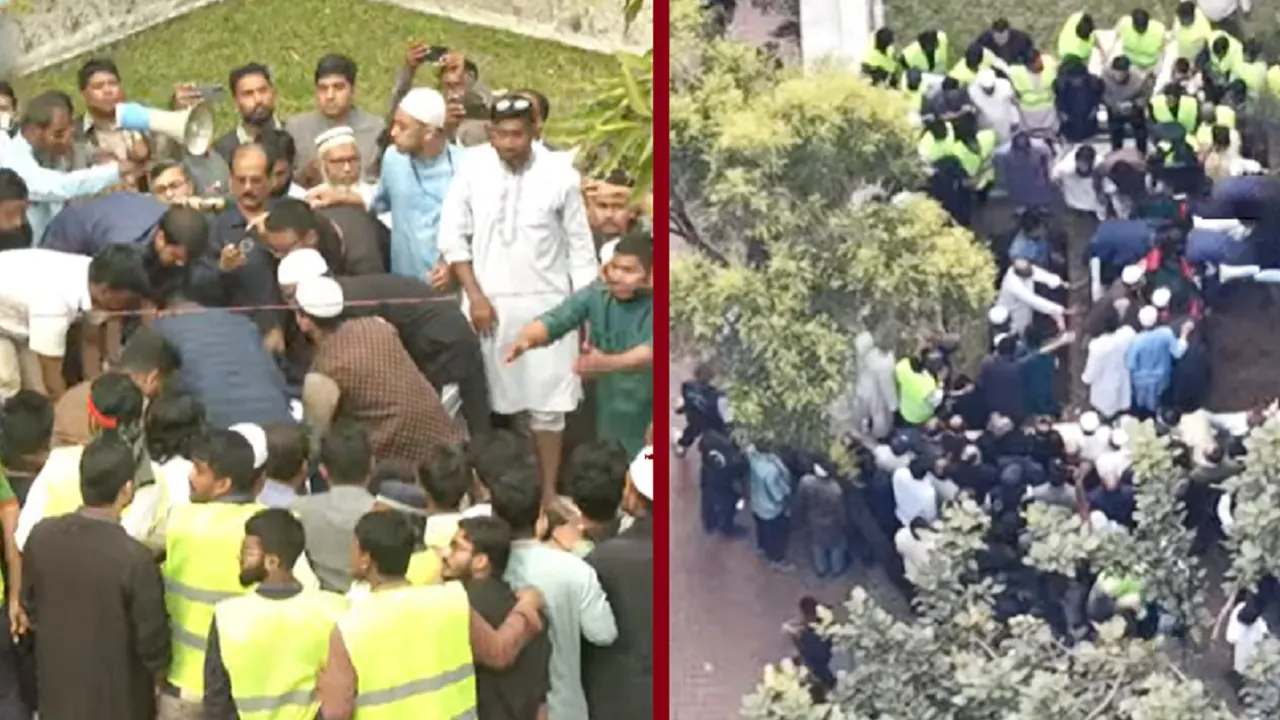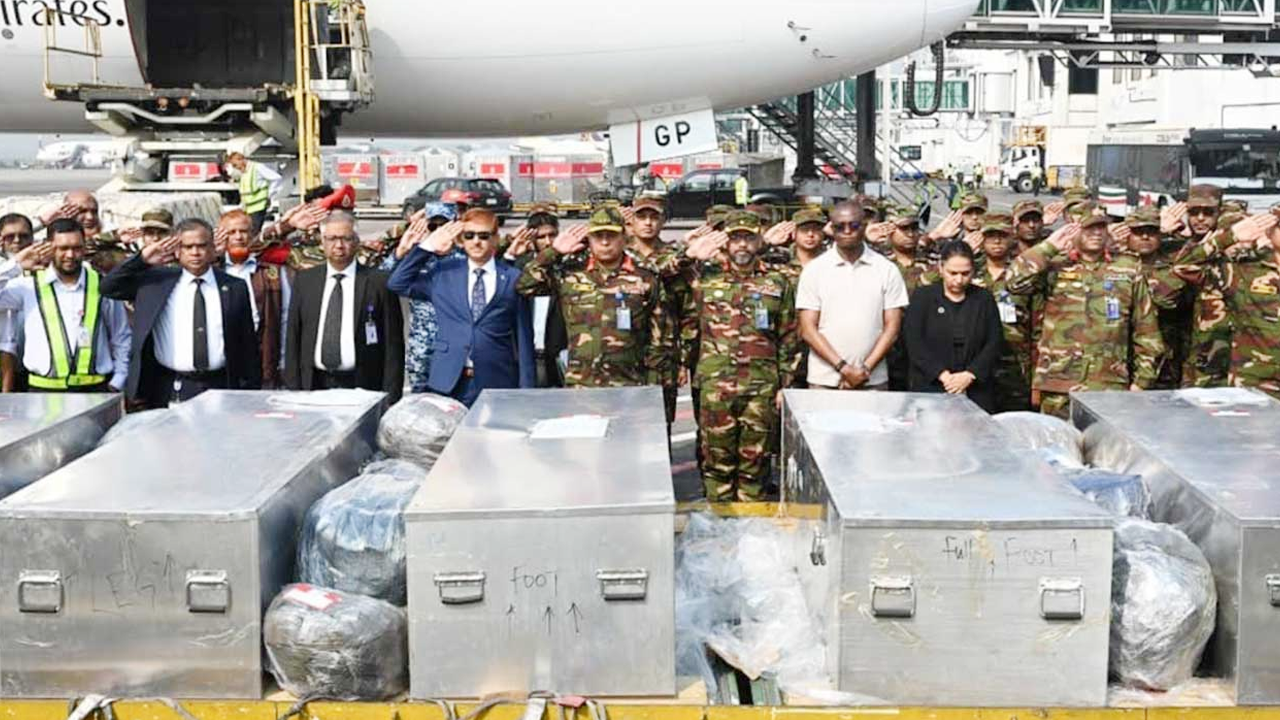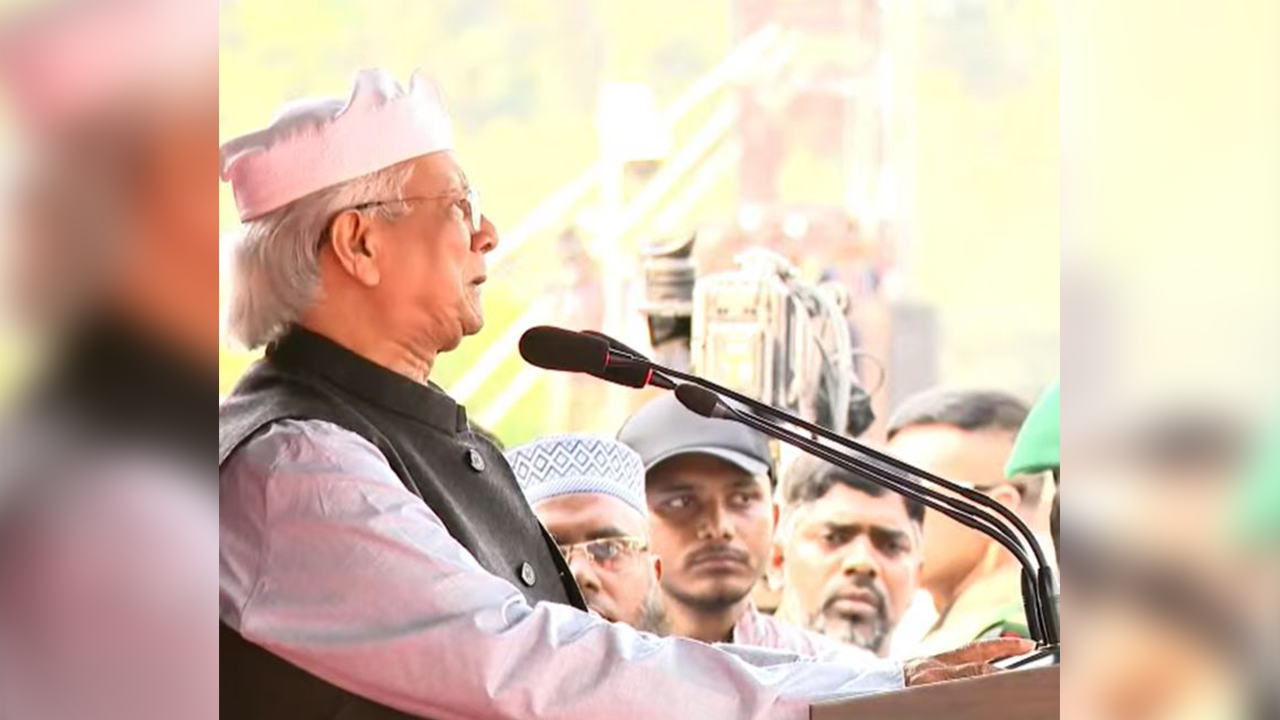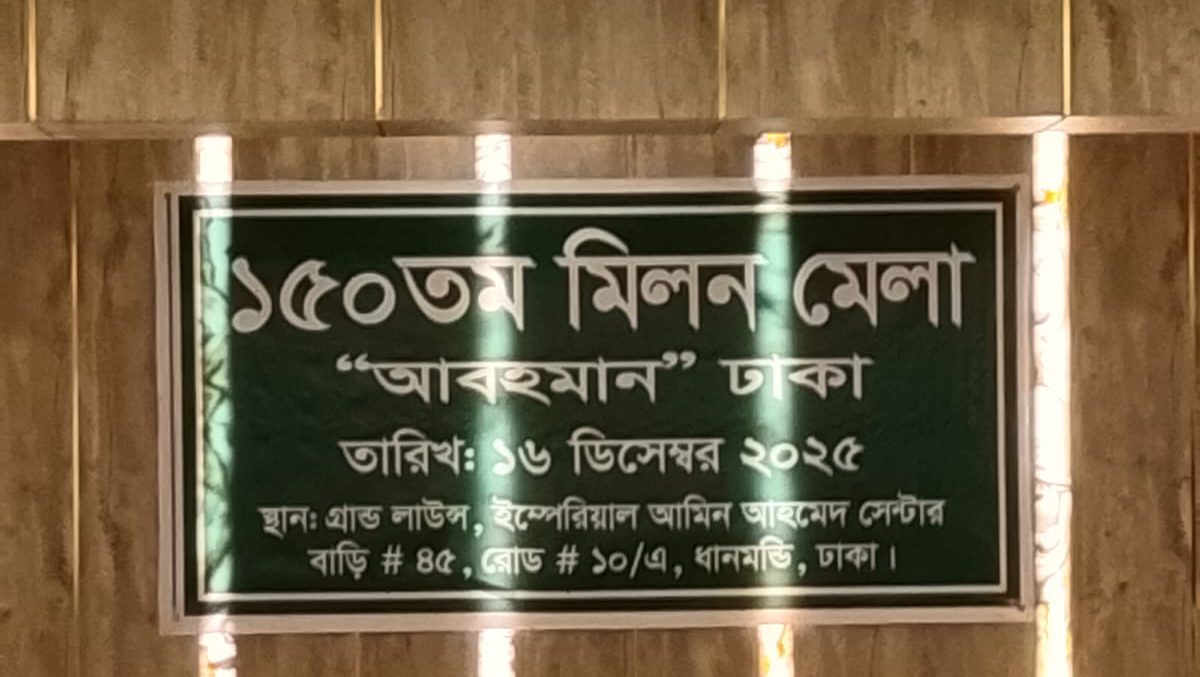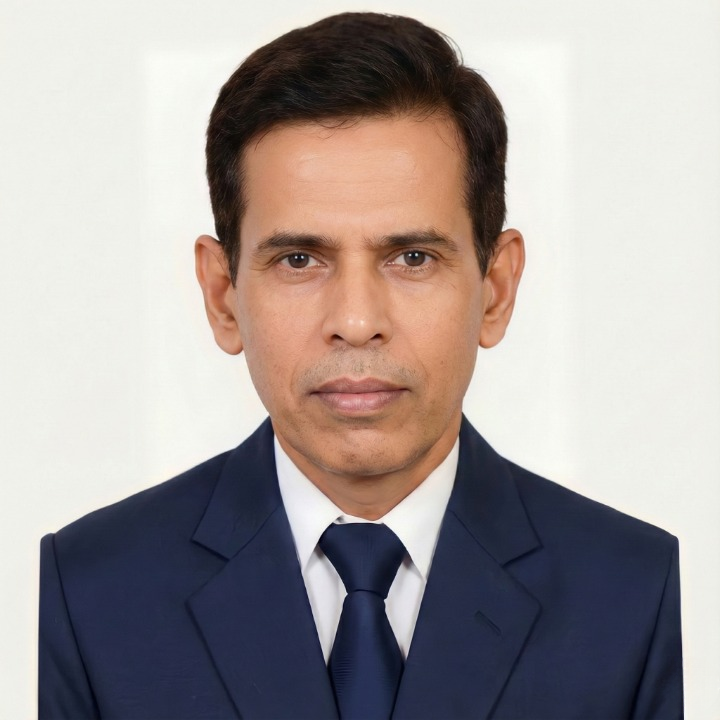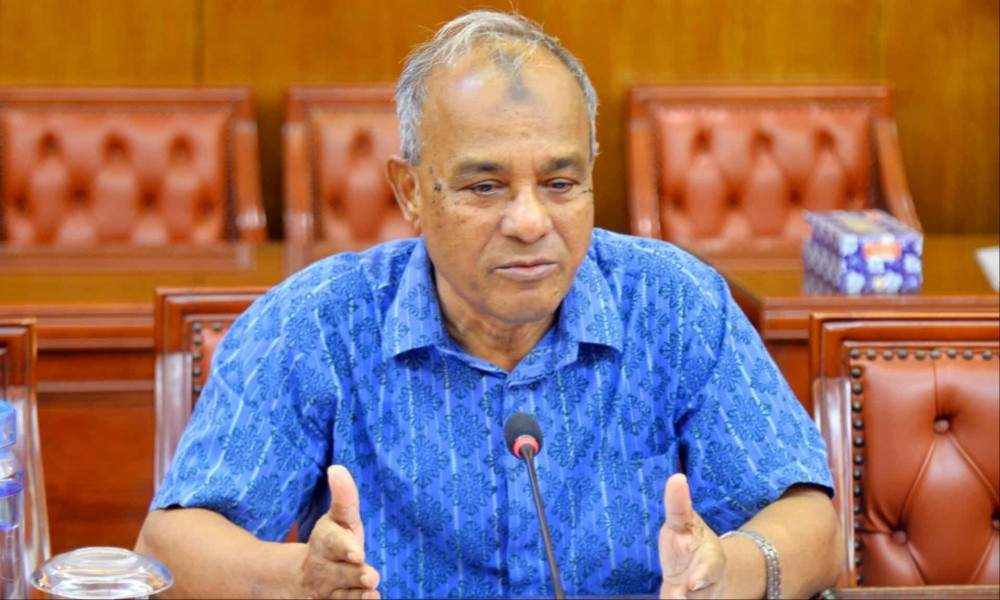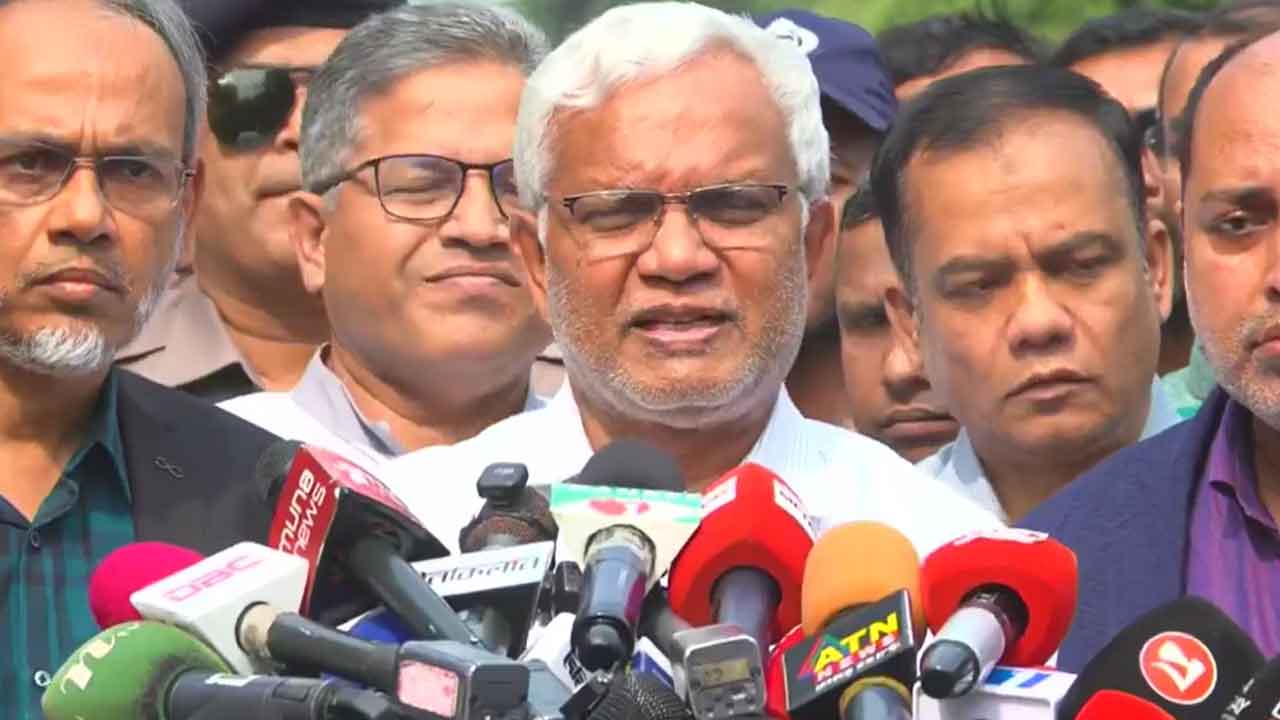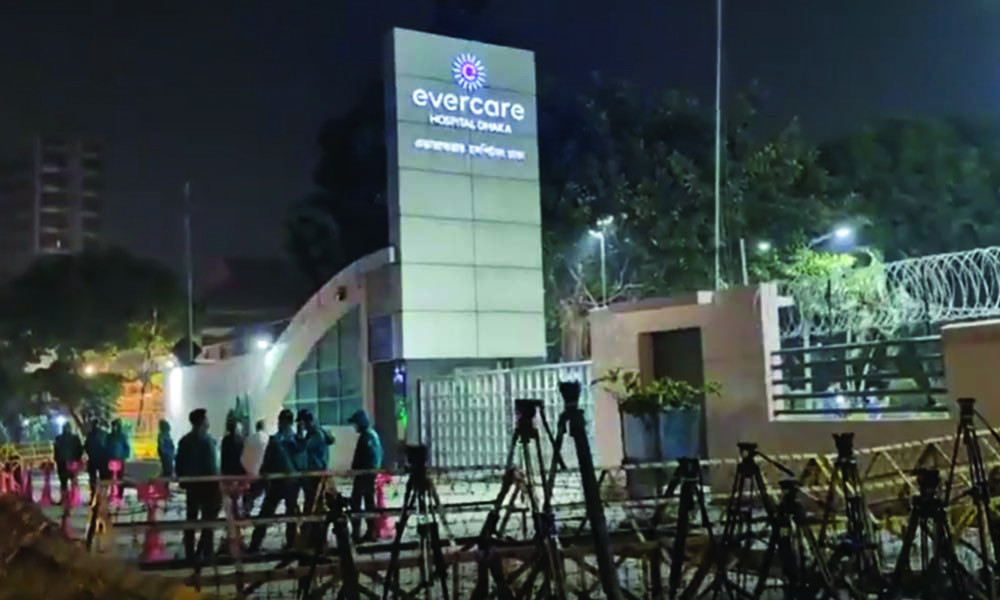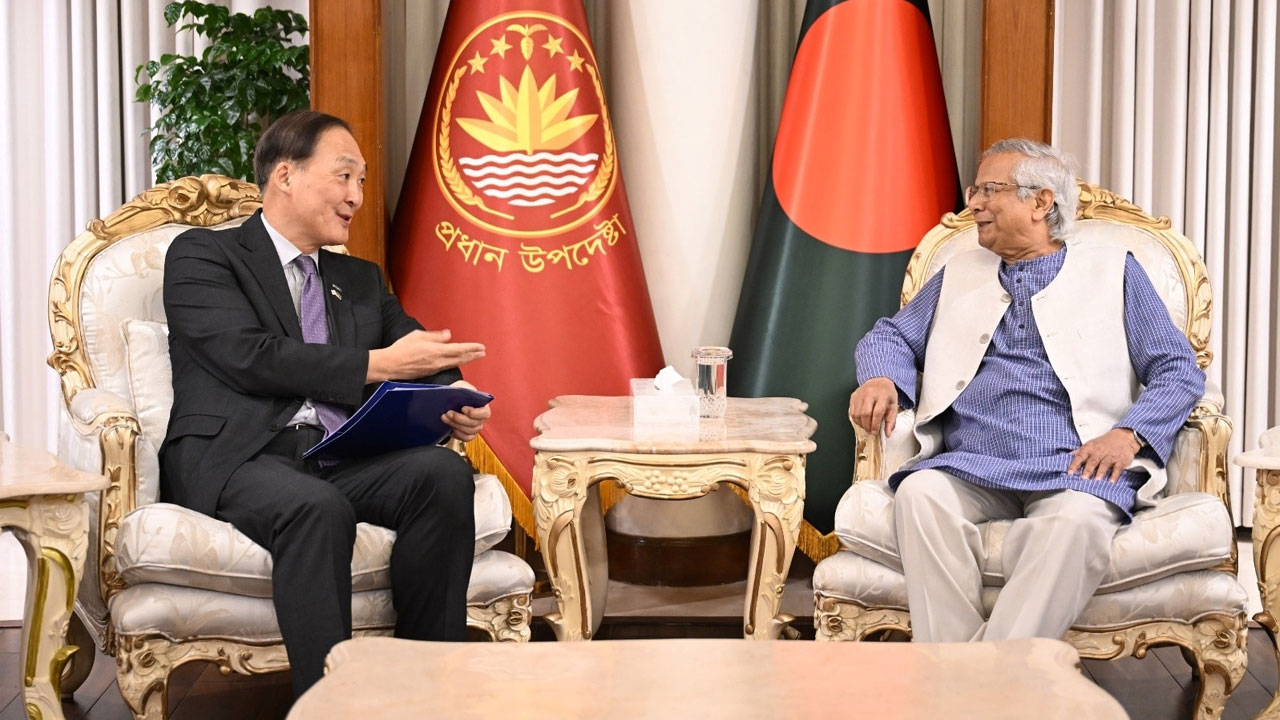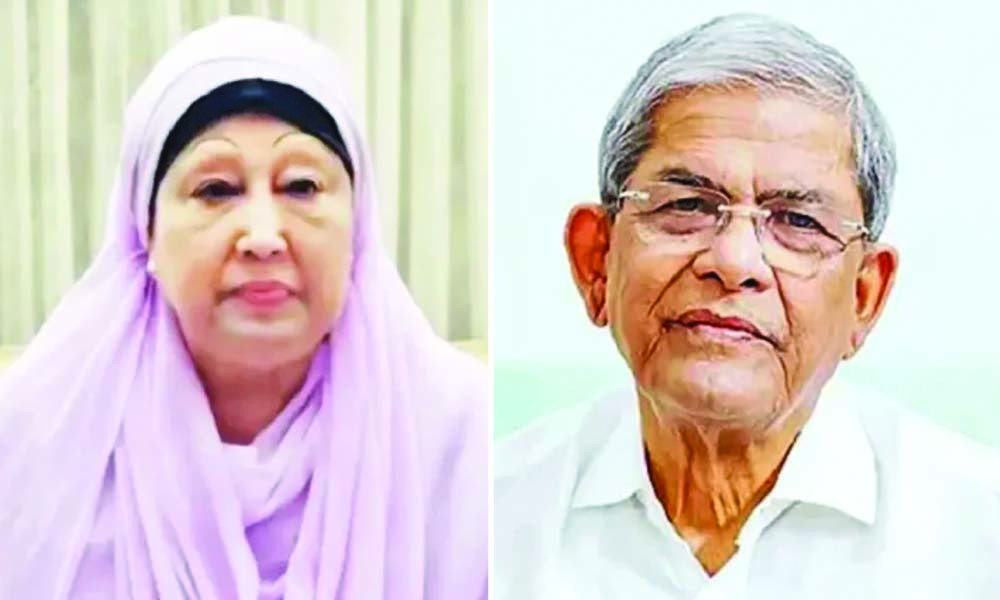Any attack on a nuclear plant ‘suicidal’: UN chief Guterres

- আপডেট : সোমবার, ৮ আগস্ট, ২০২২
- ১২৮ বার দেখা হয়েছে
Any attack on a nuclear plant is “suicidal”,
United Nations Secretary-General Antonio Guterres warned Monday after fresh
shelling hit a huge atomic power complex in southern Ukraine.
Moscow and Kyiv blame each other for the latest strike at the Zaporizhzhia
plant, Europe’s largest nuclear power site, which has been under Russian
control since the early days of the war.
The fighting on Friday at the plant has prompted the UN’s nuclear watchdog,
the International Atomic Energy Agency (IAEA) to warn of “the very real risk
of a nuclear disaster”.
At a press conference in Tokyo, Guterres condemned such attacks without
saying either side was responsible.
“We support the IAEA on their efforts in relation to create the conditions of
stabilisation of that plant,” he said.
“Any attack to a nuclear plant is a suicidal thing. I hope that those attacks
will end, and at the same time I hope that the IAEA will be able to access
the plant.”
His comments followed a visit to Hiroshima over the weekend, where Guterres
gave a speech to mark the 77th anniversary of the world’s first nuclear bomb
attack.
In the Japanese city on Saturday, he warned that “humanity is playing with a
loaded gun” as crises with the potential for nuclear disaster proliferate
worldwide, from Ukraine to the Middle East and the Korean peninsula.
The Portuguese 73-year-old also delivered a stark warning against the horrors
of atomic weapons a week ago in New York at a key nuclear Non-Proliferation
Treaty conference, which he reiterated on Monday.
“We are witnessing a radicalisation in the geopolitical situation that makes
the risk of a nuclear war again something we cannot completely forget,” he
said.
When asked about China’s massive military exercises around Taiwan, sparked by
a visit last week to the self-ruled island by US House Speaker Nancy Pelosi,
Guterres said the UN “abides by a resolution of the General Assembly, the so-
called One China policy”.
“But we all want that resolution to correspond to a peaceful environment,” he
said, calling for common sense and restraint to allow for an “extremely
important” de-escalation.BSS/AFP



